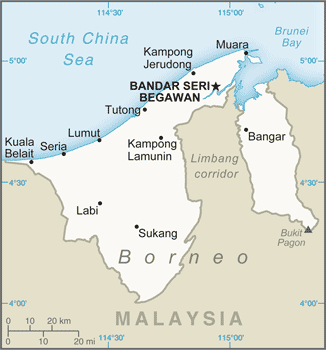Meanwhile the murderous government in Egypt just got new U.S. military helicopters.
I noticed an alarming top story just now on my Google News search:

So I read on, to get more details:
President Obama is lining up ISIS targets in Iraq and may launch an attack on the militant Islamic militia that is threatening Baghdad even if he does not get an agreement with the Iraqi regime, Secretary of State John Kerry said today.
Speaking in Baghdad after meeting with Iraqi Prime Minister Nouri al-Maliki and other political leaders, Kerry said Obama is “each day” gaining more certainty of the targets he would strike if the United States decided on its own to take military action.
“He has reserved the right to himself, as he should, to make a decision at any point in time if he deems it necessary strategically,” Kerry said.
Obama has said he would not provide Iraq more military support unless it forms a government more accepting of religious minorities, but Kerry stressed that Obama wouldn’t hesitate to have the U.S. conduct its own military operations if necessary.
“The president has moved the assets into place and has been gaining each day the assurances he needs with respect to potential targeting,” Kerry said.
While it’s true that the United States since 9/11 has conducted airstrikes without permission in other countries before (e.g. Pakistan, Yemen, Somalia, etc.), the justification has been that the targeted individuals or organizations were at least trying to attack the U.S. homeland, U.S. troops in the area, or U.S. sites like embassies and such. I might not agree with that policy, but at least I can follow the reasoning.
That’s not the case here, because ISIS isn’t attacking those points. Nor has the argument been made that such strikes would be a “humanitarian intervention” to stop massacres (as was argued in the Balkans in the 1990s). Which makes it an odd and troubling development.
The summary phrase of greatest importance to that point, in the above, was: “may launch an attack … even if he does not get an agreement with the Iraqi regime”
Thus, the newest version of the Bipartisan Post-9/11 US Rules for Whole World: The United States President reserves right to attack anyone, anywhere, for any reason even if U.S. is not attacked (and even if there are no attacks on its sites, its people, or its interests).
Because ISIS isn’t doing any of that so far, nor does it look like it will be imminently. ISIS is probably about 3 layers away from being a threat to the U.S. in any way, including sites/interests/regional troops. So why the heck would we attack without Iraq’s request?
True, ISIS is allegedly massacring opponents in Iraq, but we haven’t invaded Syria to stop the regime or “our” rebels or ISIS from doing that next door.
We’re not doing it to protect the Iraqi government. Because they didn’t (and largely still don’t) want our help, and we left, and this didn’t happen immediately after we left. And we’re not getting their permission.
What can possibly be gained from this action? Who benefits from this at all? Probably not the Iraqis. Certainly not the United States.
Read more





 Secretary of State John Kerry and the Obama Administration are now (justifiably, I’d say, at this point) taking huge heat for trying to cement a major alliance with the podunk Southeast Asian absolute monarchy of Brunei.
Secretary of State John Kerry and the Obama Administration are now (justifiably, I’d say, at this point) taking huge heat for trying to cement a major alliance with the podunk Southeast Asian absolute monarchy of Brunei.